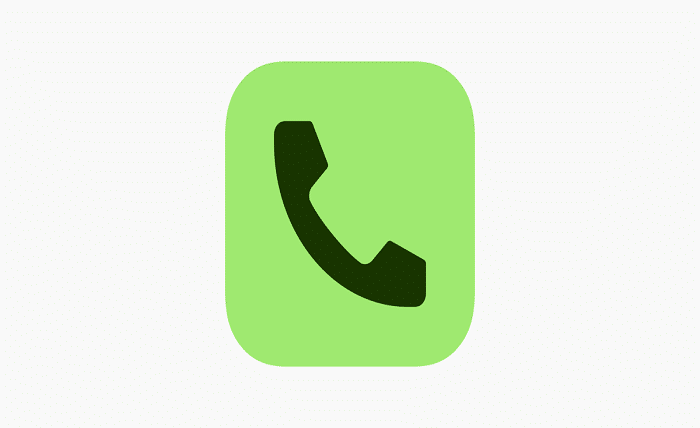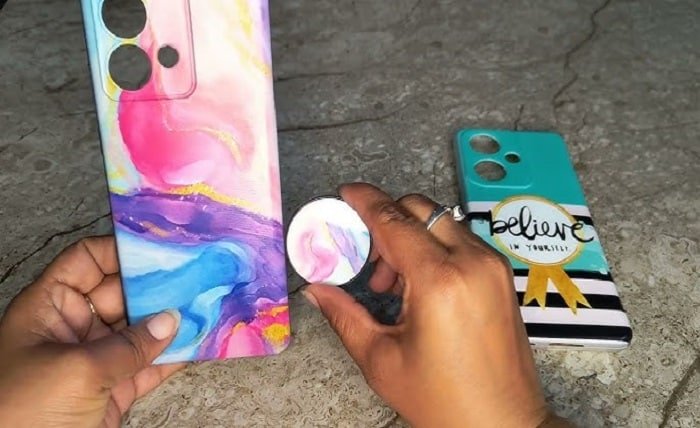The term “Unfite Call” is gaining popularity in various communication and technology spheres. This blog post dives deep into the meaning, purpose, and implications of Unfite Call, exploring why it’s a significant term and how it impacts various areas.
What is “Unfite Call”?
The Unfite Call concept is emerging as a unique approach to communication, often implying a call setup focused on enhanced security or specific criteria in interactions. This new form of calling, referred to as unfite Call, provides users with better control and flexibility, aligning with current trends in personalized communication. By understanding Unfite Call, users gain insight into how it could affect their everyday interactions and professional communications.
Origins of the “Unfite Call” Concept
The origin of the Unfite Call concept is rooted in technological advancements aiming to meet the demand for secure and customized communication. Many users today require flexible, secure options that traditional calls may not offer. The idea of Unfite Call likely developed in response to these needs, providing a platform that prioritizes user preferences, ensuring effective and efficient calls tailored to specific requirements.
Benefits of Using “Unfite Call”
Utilizing an Unfite Call brings numerous advantages, including enhanced security, controlled call timing, and customization. Users can adjust Unfite Call settings to meet their preferences, ensuring a seamless communication experience. The ability to tailor calls provides significant flexibility, especially for professionals who need specific communication standards. By integrating Unfite Call into daily routines, users can enjoy a more managed and efficient call process.
How “Unfite Call” Differs from Regular Calls
The Unfite Call stands out from traditional calls due to its customizable nature. Unlike standard calls, Unfite Call offers features tailored to user needs, such as call encryption, schedule control, and selective connectivity. These elements make Unfite Call an attractive choice for those prioritizing privacy and efficient communication. This distinct difference highlights why many people are shifting towards Unfite Call over standard calling methods.
Potential Use Cases for “Unfite Call”
Several industries can benefit from adopting Unfite Call methods, including finance, healthcare, and remote work sectors. For instance, in finance, Unfite Call offers a secure method to discuss confidential matters, while healthcare professionals can use it for patient consultations requiring privacy. The adaptability of Unfite Call across various sectors showcases its wide-reaching potential and appeal for secure and controlled communication.
Security Features in “Unfite Call”
One of the main attractions of Unfite Call is its robust security features. These include encryption protocols, user verification, and limited access options that protect against unauthorized interference. In an era where data privacy is paramount, Unfite Call provides a sense of security for users concerned with safeguarding their conversations. These security features make Unfite Call ideal for sensitive and private discussions.
How to Set Up an “Unfite Call”
Setting up an Unfite Call is typically straightforward, involving specific app or service integrations depending on the platform. Users can adjust settings, set permissions, and select call preferences to tailor their Unfite Call experience. Once the initial setup is complete, users can enjoy the added benefits that come with customized communication. These easy setup options make Unfite Call accessible to a wide range of users.
Why “Unfite Call” is Becoming Popular
The rising popularity of Unfite Call stems from the need for more flexible and secure communication options. As more people seek alternatives to conventional calling, Unfite Call provides a solution that meets diverse needs. Its focus on customization and privacy appeals to a broad audience, explaining why Unfite Call has seen such significant growth. This trend is likely to continue as digital communication evolves.
Challenges and Limitations of “Unfite Call”
While Unfite Call offers numerous benefits, it also faces certain challenges, such as accessibility and technical limitations. Some users may find it challenging to access Unfite Call services due to app compatibility or platform restrictions. Additionally, while security features are robust, they may introduce minor inconveniences in setup and connectivity. These limitations, however, are often outweighed by the benefits that Unfite Call brings to the table.
The Future of “Unfite Call” in Communication
The future of Unfite Call looks promising, with potential developments in its functionality and accessibility. As technology continues to advance, Unfite Call could integrate more features like AI-based call management, further enhancing its utility. The trend toward secure, flexible communication suggests that Unfite Call will likely become a staple in various industries, shaping the way we connect in both personal and professional spheres.
Conclusion
In conclusion, Unfite Call represents a shift towards personalized, secure communication. With benefits like enhanced security, customization, and flexibility, it has become a preferred choice for users seeking a controlled calling experience. As more industries adopt Unfite Call for its unique advantages, this trend will continue to influence how we communicate, emphasizing privacy and user preferences in the evolving landscape of digital interactions.
FAQs
1. What does “Unfite Call” mean?
The Unfite Call refers to a customizable calling method that offers enhanced security and flexibility compared to traditional calls.
2. How does “Unfite Call” enhance security?
Unfite Call improves security by utilizing encryption, user verification, and access control, making conversations more secure and private.
3. Can anyone use “Unfite Call”?
Yes, anyone can use Unfite Call as long as the service or platform they are using supports it, and they have completed the setup process.
4. What are the main benefits of “Unfite Call”?
The main benefits of Unfite Call include increased privacy, customization options, and the ability to control call timing and accessibility.
5. Will “Unfite Call” replace traditional calls?
While Unfite Call offers advanced features, it is likely to complement traditional calls rather than fully replace them, especially in specific industries.




